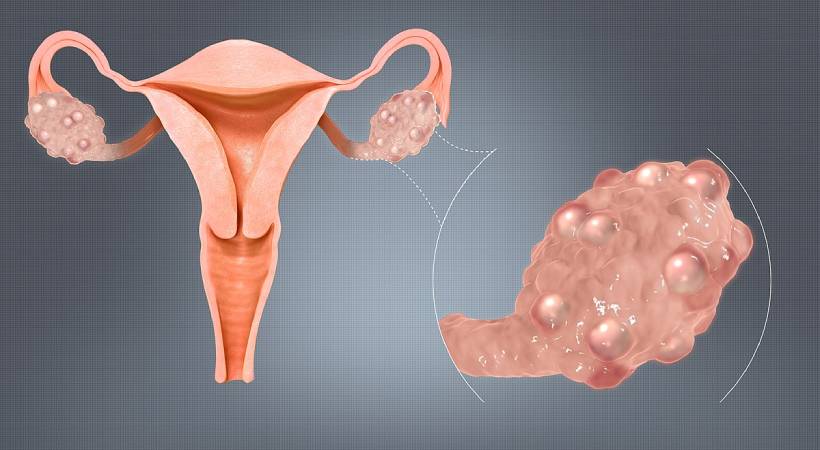Our Services

Polycystic Ovary Syndrome (PCOS) is a common health condition that affects women of reproductive age. It’s a hormonal imbalance that can affect how a woman’s ovaries work. But don’t worry, PCOS is manageable, and understanding it is the first step toward managing its symptoms and living a healthy life.
What is PCOS?
PCOS occurs when the ovaries (the organs that store eggs) produce higher-than-normal levels of male hormones (androgens). This can disrupt the regular release of eggs, leading to irregular or missed periods. The condition is called “polycystic” because the ovaries may develop small cysts (fluid-filled sacs), although not every woman with PCOS has cysts.
Common Symptoms of PCOS
The symptoms of PCOS can vary greatly from woman to woman, but here are some common signs:
- Irregular Periods: This could mean fewer than eight periods a year or none at all. Some women might also experience very heavy bleeding.
- Excess Hair Growth: Increased hair growth on the face, chest, back, or abdomen is common due to elevated androgens.
- Acne and Oily Skin: Hormonal changes can cause more breakouts, especially on the face, chest, and upper back.
- Thinning Hair on the Scalp: Many women with PCOS experience hair thinning or male-pattern baldness.
- Weight Gain: Difficulty in losing weight or unexplained weight gain is another symptom that many women with PCOS face.
- Infertility: Since ovulation is often irregular, getting pregnant can be more challenging for women with PCOS.
- Mood Swings: Hormonal changes can affect mood, leading to feelings of anxiety or depression.
Causes of PCOS
While the exact cause of PCOS is unknown, several factors are thought to contribute:
- Genetics: If someone in your family has PCOS, you might be more likely to have it too.
- Insulin Resistance: Many women with PCOS have insulin resistance, which means their bodies can’t use insulin properly. This leads to higher levels of insulin in the blood, which can increase androgen levels and cause symptoms.
- Inflammation: Higher levels of inflammation are common in women with PCOS, which can lead to problems like acne and weight gain.
Managing PCOS
Although there is no cure for PCOS, there are ways to manage the symptoms and improve your quality of life.
- Healthy Diet and Exercise: Eating a balanced diet and staying active can help control weight and insulin levels. Aim for a diet rich in fruits, vegetables, whole grains, and lean proteins. Regular exercise helps with weight management and improves insulin sensitivity.
- Medications: If you’re struggling with irregular periods or infertility, your doctor may recommend medications like birth control to regulate periods or medications to help with ovulation. For acne or excess hair growth, anti-androgen medications can be prescribed.
- Emotional Support: PCOS can affect mental health, so seeking support from a therapist or joining support groups can be helpful in managing stress and emotional well-being.
- Regular Check-ups: Routine visits to your doctor can help monitor your condition, keep track of any changes, and provide early treatment for any complications.
Conclusion
PCOS may seem overwhelming, but with the right care, most women can manage the symptoms and lead healthy, fulfilling lives. It’s important to work closely with your doctor to find the best treatment plan for you. If you notice symptoms like irregular periods, acne, or hair growth, don’t hesitate to seek medical advice. With the right support and lifestyle changes, you can effectively manage PCOS and enjoy better overall health.
We’d love to hear from you !
Our Gallery








Unveiling New Horizons in Fertility, One Article at a Time
Who Is at Higher Risk for Ectopic
Expert Insights by Dr. Rashmi Bhamare – 0 to 9...
Benefits of Normal Delivery: Expert Care by
Pregnancy is a beautiful journey, and choosing the right care...
First Trimester Struggles: Gentle Guidance from a
First Trimester Struggles: Expert Pregnancy Care by a Gynecologist in...
Navigating High-Risk Pregnancy: Expert Guidance and Care
Finding out your pregnancy is “high-risk” can trigger a wave...




